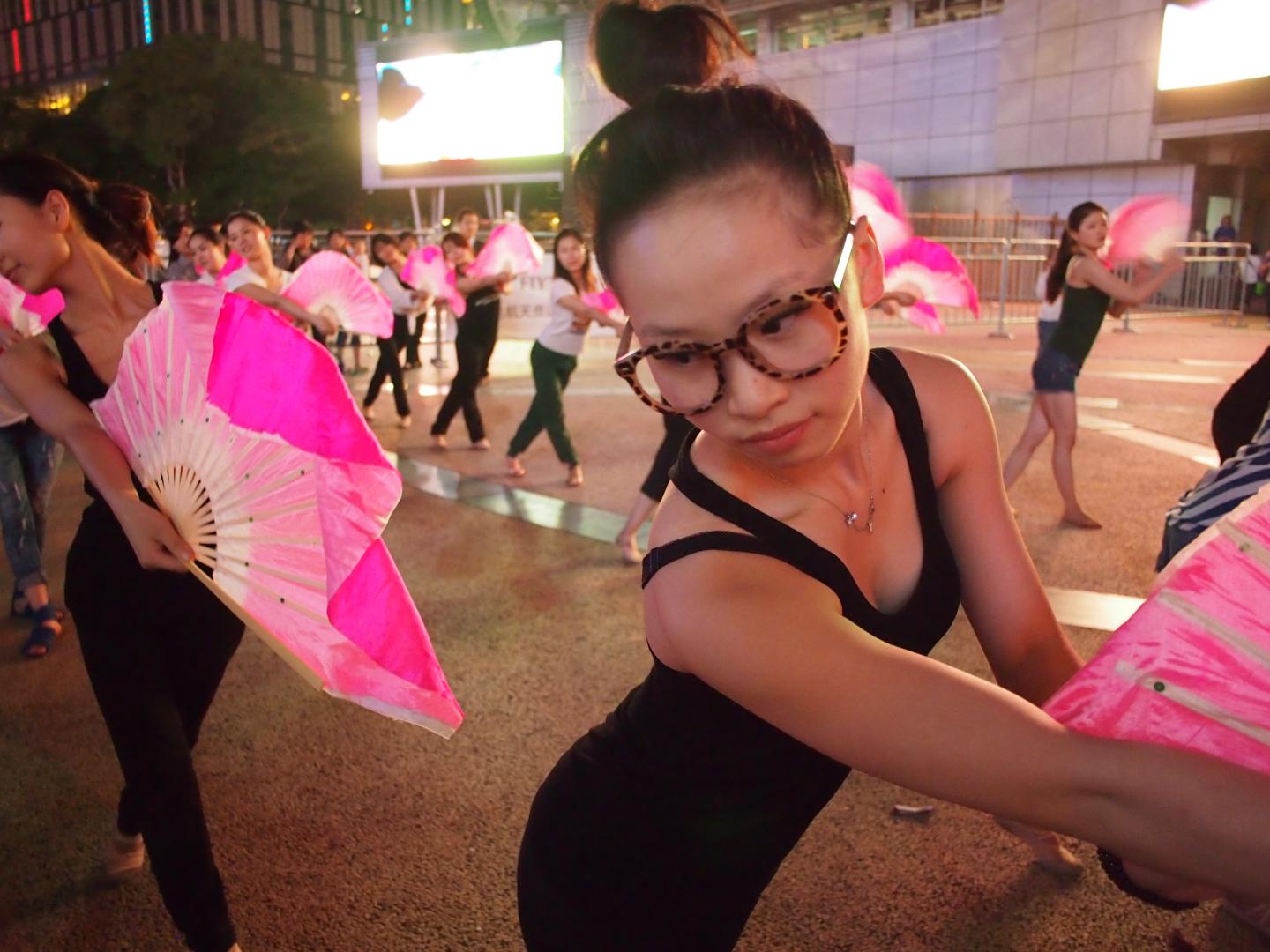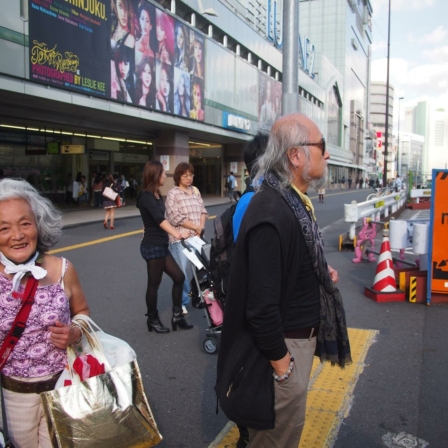Asians value hard work. How are we downshifters going to fare against them?
“Are you downshifting here in Asia? Are you discussing degrowth and questioning the ideology of economic growth?”
I’m on the campus of Seoul National University when it occurs to me to ask about my Korean friend’s opinions.
First, he responds with a blank and then a surprised look. A father of two in his forties, Kim is a researcher who also collaborates with Europeans. Our lives share a number of similarities, both in terms of work and everyday life.
But this question does not seem to spontaneously create any kind of common ground for discussion.
We head for a cafe and order lattes.
I need to provide him with a thorough description of Finland’s current social debate and changing values. About the criticism voiced against materialism and the importance of performance. About people making new, personal life choices.
We need another round of lattes to discuss the degrowth movement. Last year, criticism of the economy became a shared experience for the young generation, based on criticism of the ideology of economic growth and the supremacy of the market.
Anyone who lives in East Asia or spends a long period of time with Asian people will notice differences between Eastern and Western thinking and values.
Many prefer to view the West and the East as opposite ends of the value pole: the Confucian, authoritarian East represents communality and places high importance on obedience. Meanwhile, the individualistic, Judeo-Christian West has liberal values.
The Asians do not place an individual in the limelight. They find it natural to place the family and – maybe – the nation’s best interests first. In the West, people desire social freedom. They want the freedom to express themselves and live in a society where values and lifestyles are not predefined.
What makes Asian cultures particularly interesting is their strong, genuine adherence to values. Communist China, for example, is not challenging Europe and the United States in terms of ideologies and politics. Its challenge is based on Confucian and Taoist values.
Incidentally, many may not have noticed that traditional Confucian values played a strong role in the opening ceremony of the Beijing 2008 Olympic Games. Hundreds of drummers in traditional Chinese attire sang and repeated the opening passages of Confucius’ seminal work, the Analects.
Asians carry their values within them. As China is drawing the focus of the world economy and development to Asia, millions of Asians will bring their lifestyle, based on eastern values, into the West.
According to the US-based Pew Research Center, the Asian population living in the US has a higher education and income level than any of the other population groups in the country. In terms of population group sizes, the proportion of Asians in decision-making and executive positions is also exceptionally high.
Asians are generally more satisfied with their life and finances than the average American. Their most important values in life include parenthood, family, hard work, and a desire to succeed in life.
Eight out of ten Asian children live with both parents at home. The corresponding figure for other population groups is six.
Traditional Confucianism and its values were reinterpreted in many books published in the past year. And it is not only a question of communist China trying to breathe life into a national ideology that would fill the value void carved by two decades of raw market economy.
Stephen Angle, Professor at the US-based Wesleyan University, argues in his 2012 book Contemporary Confucian Political Philosophy that Progressive Confucianism as a social philosophy will promote ethical growth in individuals, eventually relieving them of false external pressures placed on them by both society and the community.
My friend Kim finds Finnish downshifting and degrowth interesting but impossible to put into practice. Leaving the cafe, he asks how Finland, being such a small country, could change the world alone.
I swirl the spoon in the lukewarm remains of my latte. How does the West look, seen from a cafe on a campus in Seoul?
Deep disillusionment has taken hold of Europe. The Eurozone crisis has pushed people’s experience of democracy and the traditional democracy model into a crisis. Youth unemployment rates are alarming: over 50 per cent in Spain. Dissatisfaction with the prevailing situation takes the form of doubt channelled towards decision-makers. People are increasingly calling for easy solutions and populist leaders.
The world is changing faster than ever before in the history of civilisation. Pax Americana, the time of America, is drawing to a close.
It is no longer news that China is drawing the focus of the world towards Asia. The news is that the United States has started to admit this trend, as columnist Phipil Stephens pointed out in the Financial Times in mid-December 2012.
I take a sip of cold coffee.
Are we facing a situation described by the French essayist and poet Paul Valéry as early as in 1919?
He asked whether Europe would be able to retain its values, civilization, and culture in good condition, or whether Europe is going to become “a little peninsula at the end of Asia”.
This article was originally published in Finnish in Helsingin Sanomat on 27th January 2013.





Recommended